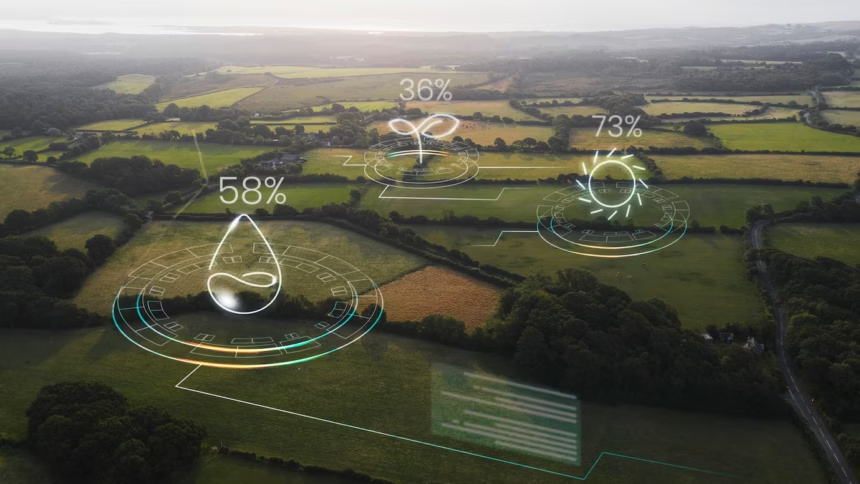Water is one of the most critical resources in agriculture, yet inefficient irrigation practices often lead to excessive use and wastage. Soil moisture sensors offer a smart solution by helping farmers and landscapers optimize water usage, ensuring crops receive the right amount of moisture without unnecessary waste.
How Soil Moisture Sensors Work
Soil moisture sensors measure the amount of water present in the soil and provide real-time data to farmers or irrigation systems. These sensors use different technologies, such as:
- Tensiometers – Measure the tension required for plant roots to extract water from the soil.
- Capacitance Sensors – Use electrical properties of soil to determine moisture levels.
- Gypsum Blocks – Assess soil moisture by measuring electrical resistance.
These sensors are often integrated with automated irrigation systems, allowing water delivery to be adjusted based on soil conditions rather than relying on fixed schedules.
Benefits of Soil Moisture Sensors in Preventing Water Waste
- Precise Irrigation – Sensors help farmers apply the right amount of water at the right time, preventing overwatering or underwatering.
- Water Conservation – By reducing excess irrigation, these sensors help conserve water resources, especially in drought-prone areas.
- Lower Costs – Efficient water use leads to lower utility bills and reduced expenses related to pumping and irrigation maintenance.
- Healthier Crops – Maintaining the right soil moisture levels improves plant growth, reduces diseases caused by excessive moisture, and enhances yields.
- Environmental Protection – Preventing water runoff minimizes soil erosion and reduces the risk of chemical fertilizers leaching into water sources.
Future of Soil Moisture Sensing Technology
Advancements in wireless connectivity, artificial intelligence, and remote monitoring are making soil moisture sensors more efficient and accessible. Smart irrigation systems powered by these sensors are expected to become more common, helping agriculture move toward sustainable water management.
By adopting soil moisture sensors, farmers and landscapers can significantly reduce water waste while promoting healthier crops and a more sustainable environment.
Join 'Farmers Mag' WhatsApp Channel
Get the latest Farming news and tips delivered straight to your WhatsApp
CLICK HERE TO JOIN






